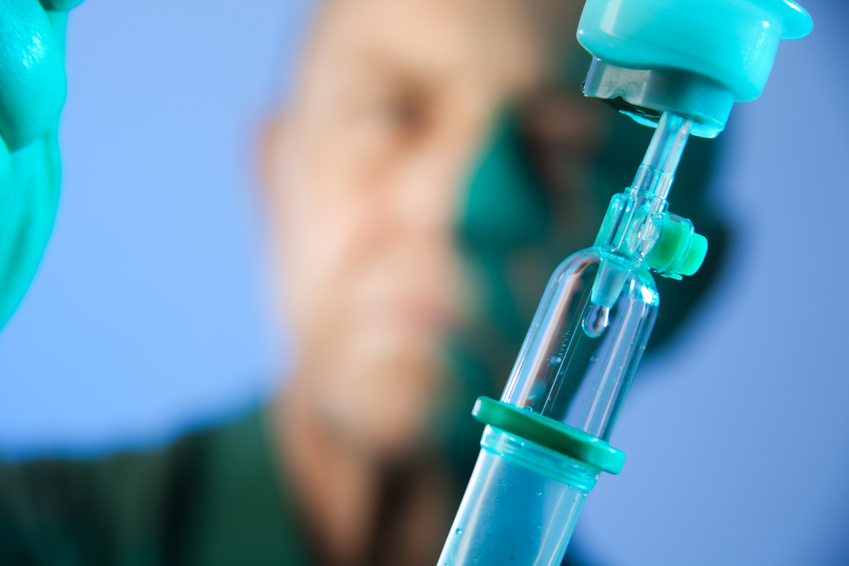KrebspatientInnen in Österreich profitieren frühzeitig von aktuellsten Therapien

(Vienna, 01 February 2019) Every year, 18.1 million people throughout the world develop cancer and 9.6 million die from it. One in five men and one in six women will be confronted by the illness during their lives and one in eight men and one in eleven women will die from it. These numbers are rising due to the ageing population and other factors such as smoking, obesity and environmental pollution. On the occasion of World Cancer Day on 4 February, Matthias Preusser, Head of the Division of Oncology and member of the Comprehensive Cancer Center (CCC) of MedUni Vienna/Vienna General Hospital, emphasises that cancer treatments are constantly improving. In some areas, it is now possible to control even advanced cancers on a long-term basis.
This is primarily due to the huge advances in diagnosis and treatment that have been made over the last few years. Says Preusser: "In Austria, approximately 46,000 people a year develop cancer and, according to WHO, approximately 22,000 die from it. Nevertheless, compared to other countries, we have excellent access to the latest diagnostic techniques and drugs, since these are rapidly made available to patients. We are what is known as 'early adopters'. Moreover, the new methods of treatment are optimally tailored to individual patients in interdisciplinary case conferences, tumour boards."
Studies improve medical care
One of the reasons why we have access to the latest treatments is that, due to their international research activities, the oncologists of the Comprehensive Cancer Center of MedUni Vienna and Vienna General Hospital are able to bring large-scale international clinical trials to the university. Says Preusser: "So far these have primarily been Phase II and III trials, which are predominantly concerned with demonstrating efficacy. Our next major step has been to set up the "Early Clinical Trials" programme, in which we increasingly conduct Phase I trials. These are early clinical trials to check the tolerability of completely new drugs."
The potential for testing medicines in all phases of their development on a single site is a significant advantage in the creation of new therapies, thereby not only consolidating the position of the scientific and commercial location but also increasing security of supply for the population.
Focus on precision medicine and immunotherapy
It is precisely in the areas of precision medicine and immunotherapy that Preusser sees great opportunities for achieving further significant advances in cancer treatment. Says Preusser: "Our efforts in these two areas and their availability to our patients play a major role in the good state of healthcare in Austria. But if we want to make further progress, we need to intensify our research activities. We are therefore delighted that research into precision medicine will be reinforced by the new Center for Precision Medicine (zpm) that is being built on the Medical University General Hospital campus in Vienna."
Prevention is crucial
However, the experts from MedUni Vienna and Vienna General Hospital believe that it is not only research and expertise in diagnosis and treatment that are important in controlling cancer – prevention is also of crucial importance. Says Preusser: "According to WHO, between 30 and 50% of all cancers are preventable. Smoking, chewing or sniffing tobacco, and even passive smoking, significantly increase the risk of developing cancer. MedUni Vienna and Vienna General Hospital therefore expressly support smoking prevention and the protection of non-smokers."
Cancer Day in Vienna City Hall
Cancer Day 2019 will take place in Vienna City Hall on 12 February, from 9:30 to approximately 14:00 hrs. Visitors can expect talks on current cancer-related topics, given by experts from the Comprehensive Cancer Center of MedUni Vienna and Vienna General Hospital, amongst others. The Institute of Cancer Research will also be represented and will provide information about the latest status of cancer research at MedUni Vienna.